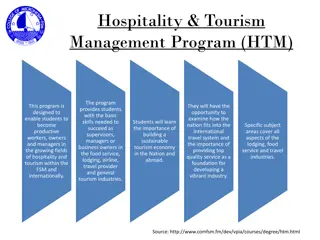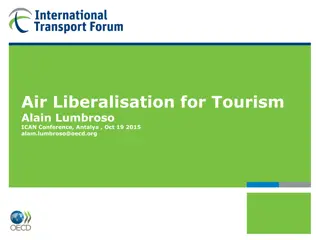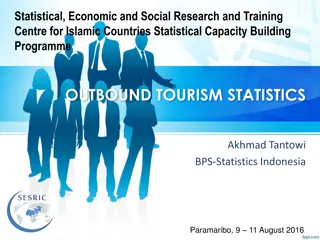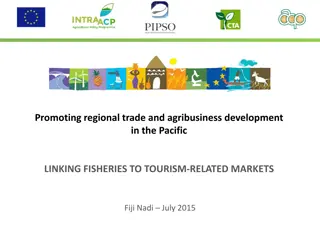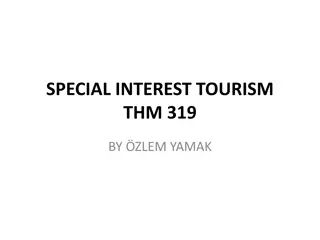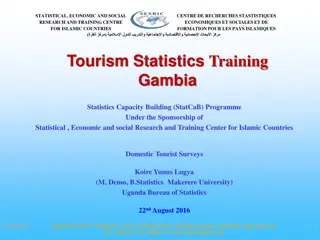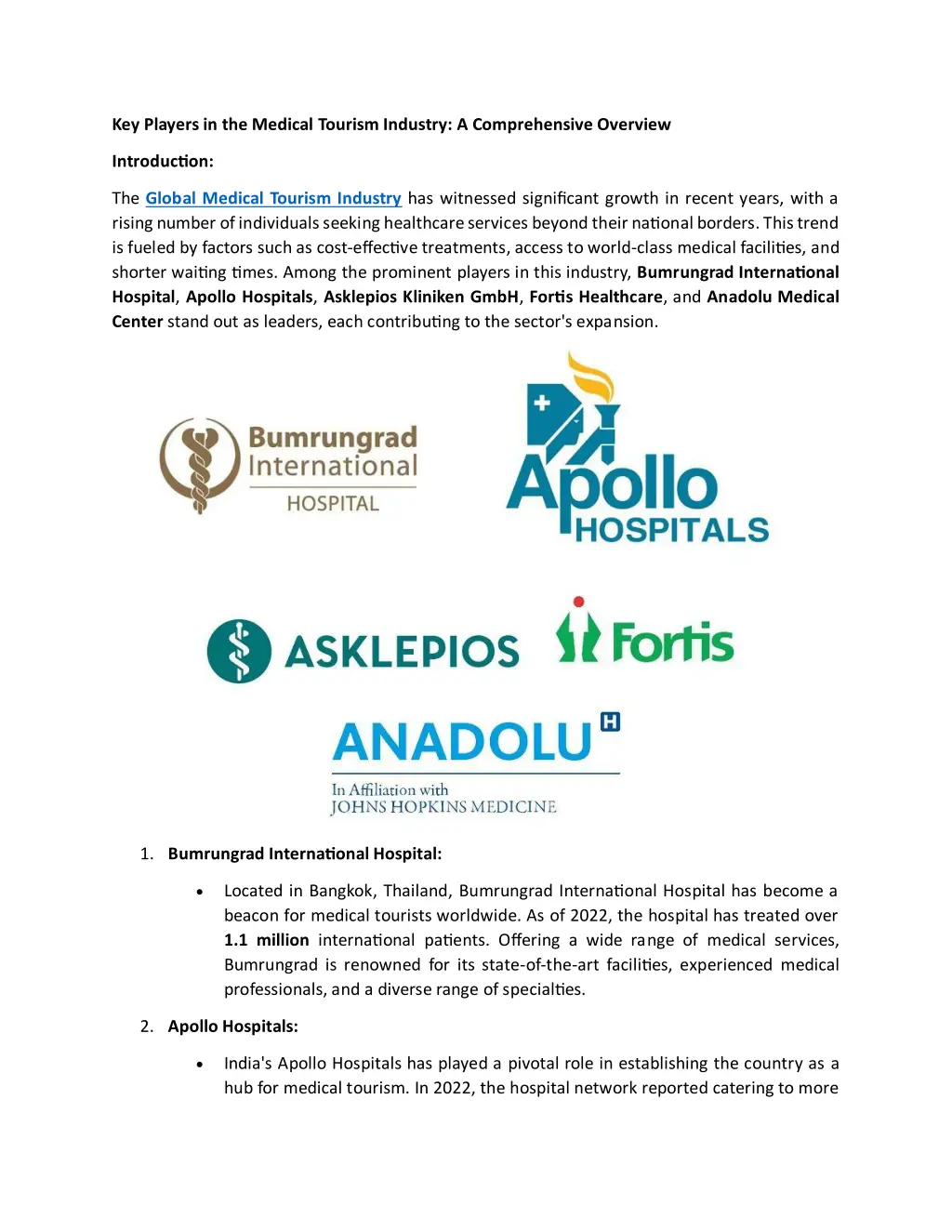
Key Players in the Medical Tourism Industry
Among the prominent players in this industry, Bumrungrad International Hospital, Apollo Hospitals, Asklepios Kliniken GmbH, Fortis Healthcare, and Anadolu Medical Center stand out as leaders, each contributing to the sector's expansion.
Download Presentation

Please find below an Image/Link to download the presentation.
The content on the website is provided AS IS for your information and personal use only. It may not be sold, licensed, or shared on other websites without obtaining consent from the author. If you encounter any issues during the download, it is possible that the publisher has removed the file from their server.
You are allowed to download the files provided on this website for personal or commercial use, subject to the condition that they are used lawfully. All files are the property of their respective owners.
The content on the website is provided AS IS for your information and personal use only. It may not be sold, licensed, or shared on other websites without obtaining consent from the author.
E N D
Presentation Transcript
Key Players in the Medical Tourism Industry: A Comprehensive Overview Introduction: The Global Medical Tourism Industry has witnessed significant growth in recent years, with a rising number of individuals seeking healthcare services beyond their national borders. This trend is fueled by factors such as cost-effective treatments, access to world-class medical facilities, and shorter waiting times. Among the prominent players in this industry, Bumrungrad International Hospital, Apollo Hospitals, Asklepios Kliniken GmbH, Fortis Healthcare, and Anadolu Medical Center stand out as leaders, each contributing to the sector's expansion. 1.Bumrungrad International Hospital: Located in Bangkok, Thailand, Bumrungrad International Hospital has become a beacon for medical tourists worldwide. As of 2022, the hospital has treated over 1.1 million international patients. Offering a wide range of medical services, Bumrungrad is renowned for its state-of-the-art facilities, experienced medical professionals, and a diverse range of specialties. 2.Apollo Hospitals: India's Apollo Hospitals has played a pivotal role in establishing the country as a hub for medical tourism. In 2022, the hospital network reported catering to more
than 2.3 million international patients. With over 10,000 beds across 71 hospitals, Apollo Hospitals provides comprehensive healthcare services, from routine check- ups to complex surgeries. 3.Asklepios Kliniken GmbH: Based in Germany, Asklepios Kliniken GmbH is a major player in the European medical tourism landscape. The group operates over 160 healthcare facilities, including hospitals and clinics. In the past two years, Asklepios has experienced a 15% increase in international patient admissions, solidifying its position as a key player in medical tourism within Europe. 4.Fortis Healthcare: Fortis Healthcare, headquartered in India, has emerged as a prominent player in the medical tourism sector. In 2022, the network recorded a 20% growth in medical tourist arrivals. With a focus on delivering high-quality, affordable healthcare, Fortis Healthcare boasts a presence in multiple countries and a comprehensive range of medical services. 5.Anadolu Medical Center: Situated in Istanbul, Turkey, Anadolu Medical Center has gained recognition for its advanced medical treatments and personalized patient care. In the past year, the hospital has witnessed a 25% increase in medical tourists seeking services ranging from organ transplants to cancer treatments. This growth underscores the center's commitment to excellence in healthcare. Industry Trends and Insights: According to the World Tourism Organization, medical tourism is expected to grow by an average of 20% annually through 2025. The COVID-19 pandemic has led to a surge in telemedicine services in the medical tourism sector, allowing patients to consult with international healthcare providers remotely. Affordable and high-quality healthcare services continue to be the primary drivers for individuals choosing medical tourism. Challenges and Future Outlook: Despite its growth, the medical tourism market faces challenges such as regulatory complexities, language barriers, and varying healthcare standards. The future of medical tourism may witness increased collaboration between countries and healthcare providers to address these challenges and enhance the overall patient experience.
Conclusion: The players in the medical tourism industry, including Bumrungrad International Hospital, Apollo Hospitals, Asklepios Kliniken GmbH, Fortis Healthcare, and Anadolu Medical Center, play a crucial role in shaping the landscape of global healthcare. With the increasing demand for accessible and high-quality medical services, these institutions continue to contribute to the growth of medical tourism, making healthcare a truly global affair.








